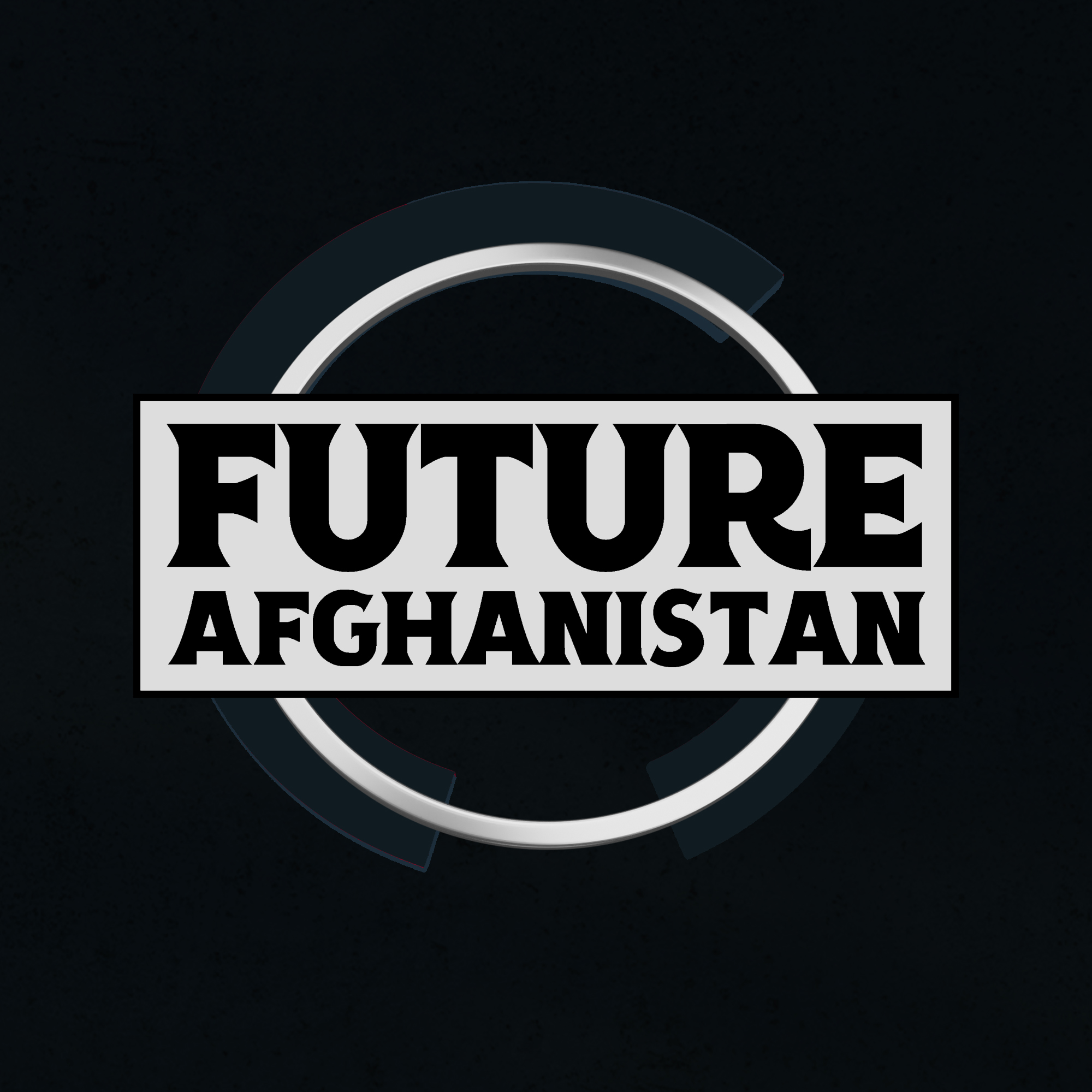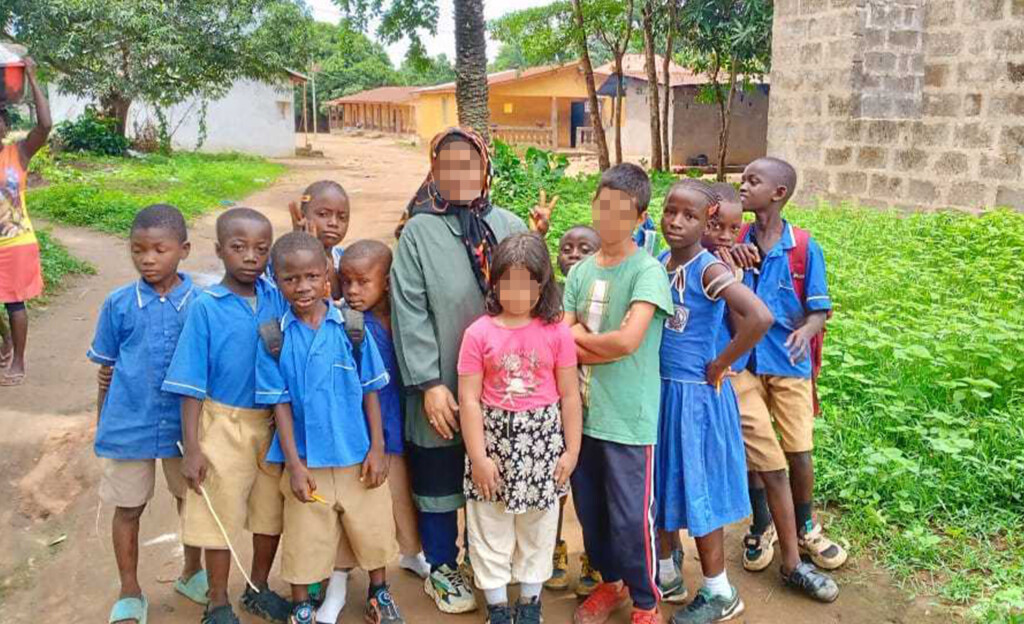Zahra Hosseini, a 36-year-old woman originally from Herat, Afghanistan, is currently living in Sierra Leone, a country in West Africa, with her two young children and Iranian husband. While struggling with extreme poverty and a lack of basic services, the family has received no support from international organizations or the host government. For more than five years, they have endured homelessness, statelessness, and chronic uncertainty in a region lacking even the most basic infrastructure. Their calls for justice remain unanswered amid the noise of global humanitarian crises.
Although the family is registered with the UNHCR, the only official identification they possess is a refugee card. Beyond that, they have received no financial assistance, services, or clear pathway to resettlement in a safer or more stable country.
Speaking to Afghanistan Ayenda (Afghanistan Future), Zahra says:
“We have nothing here—no help, no safety, no hope. We only have a refugee card, which means nothing for our survival. My children are growing up in poverty. I’m constantly worried, and we sleep each night in fear. Women and children are not safe here. From harassment and disease to hunger, we live through a new nightmare every day. No country, no organization is helping us.”
Zahra previously worked with an NGO in Herat, but due to growing insecurity and direct threats from the Taliban, she was forced to leave Afghanistan. She first went to Iran, where she eventually married and gave birth to two children.
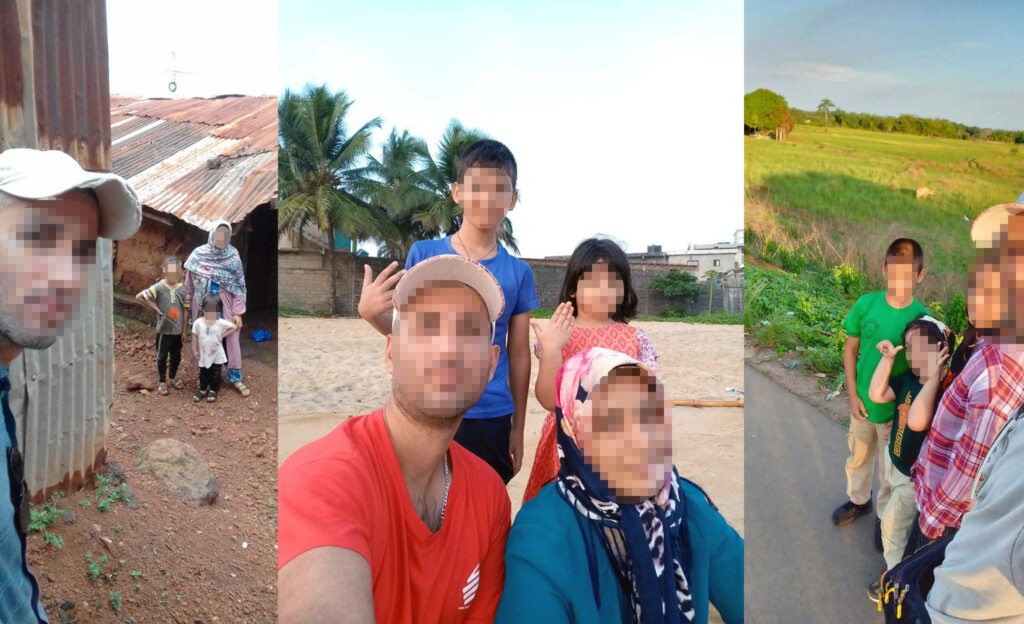
Zahra recalls: “In 2016, I could no longer leave my house safely. The threats were serious. I had no choice but to flee. I went to Iran alone.”
In 2017, she married an Iranian engineer with a background in construction. Her husband, however, had been under pressure from Iranian intelligence services due to his political views and past participation in anti-government protests. After their marriage, the pressure and surveillance intensified.
“My husband lived in fear. He knew he was being watched. He could be arrested, banned from leaving the country, or even disappeared. We couldn’t live a single day in peace,” Zahra says.
In 2021, with threats escalating, the couple decided to leave Iran and head to Turkey, where Iranian citizens can enter without a visa. At that time, the UNHCR office in Turkey had suspended refugee services, and the Turkish government had implemented a policy of detention and deportation. Fearing for their safety, Zahra and her husband had to leave again.
“We stayed in Turkey for just two months. Every day we lived in fear of being detained or deported,” Zahra explains.
Desperate for safety and unwilling to risk a dangerous sea journey to Greece with their two small children, the family looked for any legal and low-risk route out of Turkey. The Sierra Leonean embassy was the only one open and offering relatively accessible visas.
“We didn’t even know where Sierra Leone was. We just needed to escape. They gave us visas quickly. That’s how we ended up here,” Zahra says.
Arriving in Sierra Leone marked the beginning of an exhausting and painful journey for Zahra’s family—a life she now describes as “a prison without walls.”
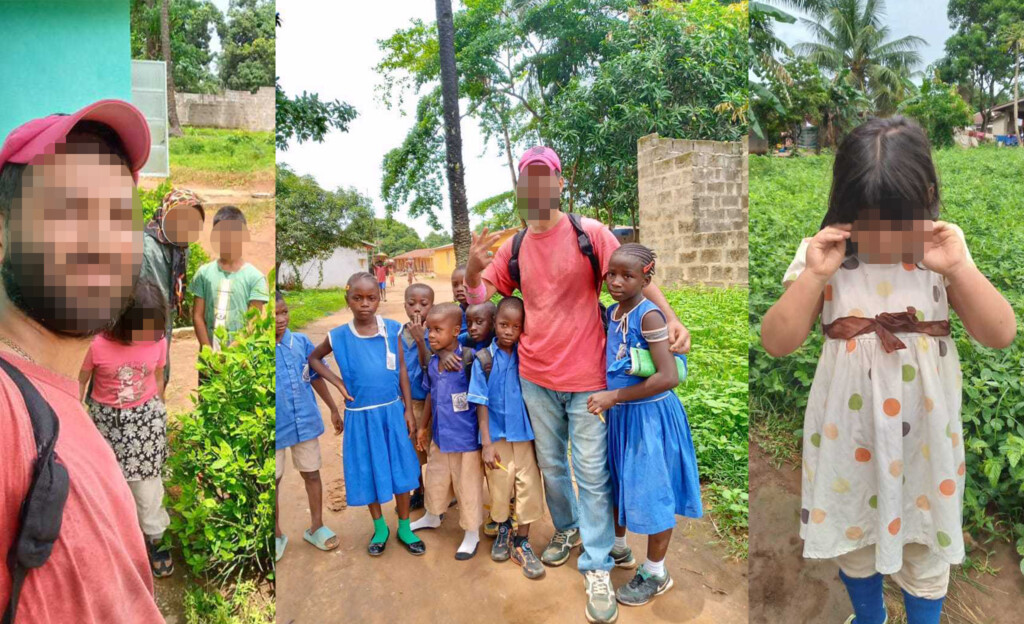
“This country is extremely poor. There is no infrastructure, no support system for refugees. I’ve never seen another Afghan or Asian refugee here. We live in the jungle. There are no jobs. Even locals are struggling, but sometimes they share food with us out of kindness—because we are worse off than they are,” Zahra shares.
After two years in Sierra Leone and receiving no meaningful support from UNHCR or the host government, the family moved to Liberia, hoping for a better chance at protection.
In Liberia, they registered with the UNHCR and received official refugee cards. However, that was the only assistance provided. No financial aid, basic supplies, or even food packages were offered.
“They just gave us a card and said, ‘You’re refugees now,’ but admitted they had no support to offer—because their country is also poor. Not even a food pack was given. We weren’t even added to the UN relocation list,” Zahra says.
The family spent three years in Liberia, enduring extreme heat, tropical diseases, threats of theft and assault, and dire poverty. During that time, not a single international organization intervened to help them. Zahra recalls:
“We lived in fear. We couldn’t sleep at night. Our children’s lives were at constant risk. We didn’t know what tomorrow would bring. We were completely alone.”
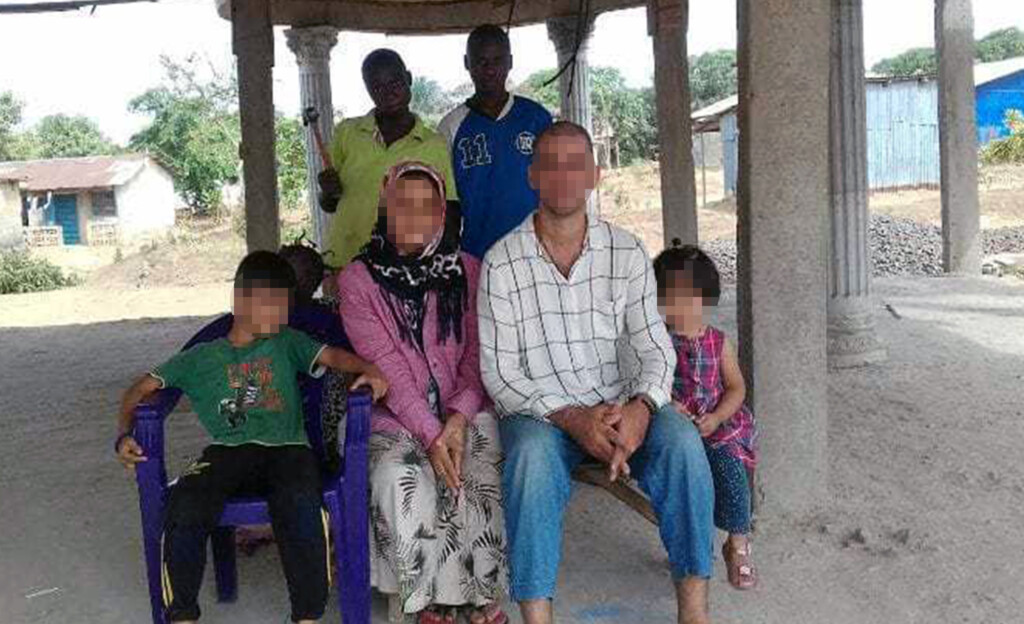
Eventually, Zahra and her husband returned to Sierra Leone—not by choice, but because the cost of living there was slightly lower than in Liberia. Today, the family continues to live in hardship and instability, in a place with no jobs, no access to healthcare, and no assistance.
They are once again living in makeshift conditions, battling hunger, poor sanitation, tropical illness, and suffocating heat. And their situation is only worsening.
Despite everything, Zahra and her husband are pleading with the United Nations and international refugee organizations to recognize and respond to the plight of forgotten refugees like them—those stranded in remote, impoverished corners of the world with no visibility and no hope.
With a tired voice and broken spirit, Zahra says:
“We’re not asking for special treatment. We just want one country to say, ‘Come, and live your life.’ We want to work, to study, to have peace. We’re only asking for one chance to live—not more.”
Sierra Leone, a West African nation of about 8 million people, ranks among the lowest in the world in human development. While its official language is English, most citizens speak local languages like Krio and Mende. A small number of Asian migrants—mostly Lebanese, Indians, and more recently, Chinese—reside in the country, but their numbers are very limited and typically tied to business or transit. For an Afghan-Iranian refugee family to be living there in total isolation is both rare and heartbreaking.

